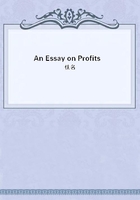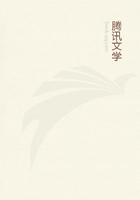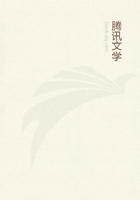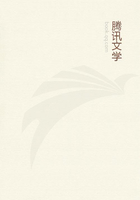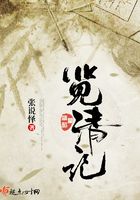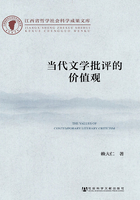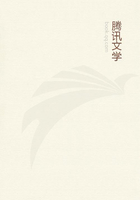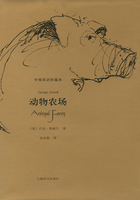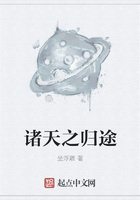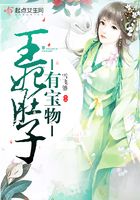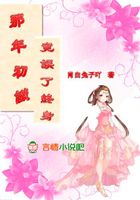IN that gaunt and gloomy building-- more like a barracks than an Episcopal palace-- Archbishop's House, Westminster, Manning's existence stretched itself out into an extreme old age. As his years increased, his activities, if that were possible, increased too. Meetings, missions, lectures, sermons, articles, interviews, letters-- such things came upon him in redoubled multitudes, and were dispatched with an unrelenting zeal. But this was not all; with age, he seemed to acquire what was almost a new fervour, an unaccustomed, unexpected, freeing of the spirit, filling him with preoccupations which he had hardly felt before. 'They say I am ambitious,' he noted in his Diary, 'but do I rest in my ambition?'
No, assuredly he did not rest; but he worked now with no arriere pensee for the greater glory of God. A kind of frenzy fell upon him.
Poverty, drunkenness, vice, all the horrors and terrors of our civilisation seized upon his mind, and urged him forward to new fields of action and new fields of thought. The temper of his soul assumed almost a revolutionary cast. 'I am a Mosaic Radical,' he exclaimed; and, indeed, in the exaltation of his energies, the incoherence of his conceptions, the democratic urgency of his desires, combined with his awe-inspiring aspect and his venerable age, it was easy enough to trace the mingled qualities of the patriarch, the prophet, and the demagogue. As, in his soiled and shabby garments, the old man harangued the crowds of Bermondsey or Peckham upon the virtues of Temperance, assuring them, with all the passion of conviction, as a final argument, that the majority of the Apostles were total abstainers, this Prince of the Church might have passed as a leader of the Salvation Army. His popularity was immense, reaching its height during the great Dock Strikes of 1889, when, after the victory of the men was assured, Manning was able, by his persuasive eloquence and the weight of his character, to prevent its being carried to excess. After other conciliators--among whom was the Bishop of London-- had given up the task in disgust, the octogenarian Cardinal worked on with indefatigable resolution. At last, late at night, in the schools in Kirby Street, Bermondsey, he rose to address the strikers. An enthusiastic eye-witness has described the scene: 'Unaccustomed tears glistened in the eyes of his rough and work-stained hearers as the Cardinal raised his hand and solemnly urged them not to prolong one moment more than they could help the perilous uncertainty and the sufferings of their wives and children. Just above his uplifted hand was a figure of the Madonna and Child; and some among the men tell how a sudden light seemed to swim around it as the speaker pleaded for the women and children. When he sat down all in the room knew that he had won the day, and that, so far as the Strike Committee was concerned, the matter was at an end.'
In those days, there were strange visitors at the Archbishop's House.
Careful priests and conscientious secretaries wondered what the world was coming to when they saw labour leaders like M.r John Burns and Mr. Ben Tillett, and land-reformers like Mr. Henry George, being ushered into the presence of his Eminence. Even the notorious Mr. Stead appeared, and his scandalous paper with its unspeakable revelations lay upon the Cardinal's table. This proved too much for one of the faithful tonsured dependents of the place, and he ventured to expostulate with his master. But he never did so again.
When the guests were gone, and the great room was empty, the old man would draw himself nearer to the enormous fire, and review once more, for the thousandth time, the long adventure of his life. He would bring out his diaries and his memoranda, he would rearrange his notes, he would turn over again the yellow leaves of faded correspondences; seizing his pen, he would pour out his comments and reflections, and fill, with an extraordinary solicitude, page after page with elucidations, explanations, justifications, of the vanished incidents of a remote past. He would snip with scissors the pages of ancient journals, and with delicate ecclesiastical fingers, drop unknown mysteries into the flames.
Sometimes he would turn to the four red folio scrapbooks with their collection of newspaper cuttings, concerning himself, over a period of thirty years. Then the pale cheeks would flush and the close-drawn lips would grow even more menacing than before.
'Stupid, mulish malice,' he would note. 'Pure lying--conscious, deliberate and designed.' 'Suggestive lying. Personal animosity is at the bottom of this.'
And then he would suddenly begin to doubt. After all, where was he? What had he accomplished? Had any of it been worthwhile? Had he not been out of the world all his life! Out of the world!
'Croker's "Life and Letters", and Hayward's "Letters",' he notes, 'are so full of politics, literature, action, events, collision of mind with mind, and that with such a multitude of men in every state of life, that when I look back, it seems as if I had been simply useless.' And again, 'The complete isolation and exclusion from the official life of England in which I have lived, makes me feel as if I had done nothing'. He struggled to console himself with the reflexion that all this was only 'the natural order'.

